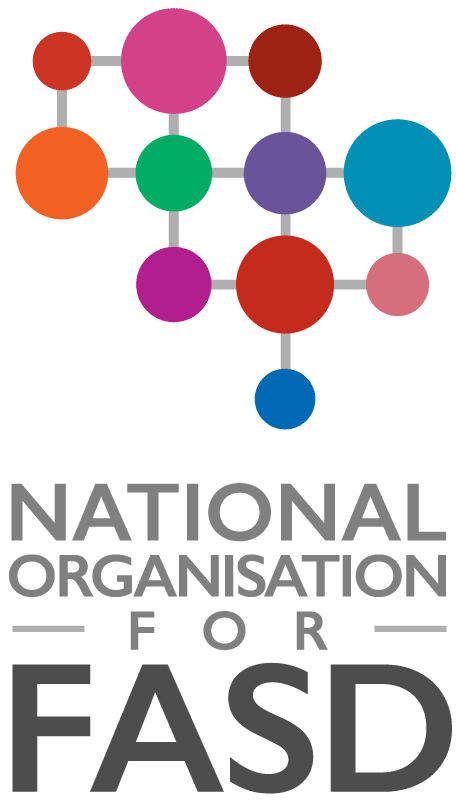- Home
- About Us
- About FASD
- FAQs
- I am thinking of adopting/caring for a child who might have been exposed to alcohol in the womb. What do I need to know?
- I drank before I knew I was pregnant. What do I need to know?
- I am concerned a loved one might have FASD, how is FASD diagnosed?
- What proof is needed to show an alcohol exposed pregnancy?
- How can I get funding for a diagnosis?
- My child is struggling at school, what kind of support is possible?
- My child seems angry and has extreme behaviours, what can we do?
- My child melts down at home but not at school. Why?
- Is there any local support available for my family?
- Is there FASD training I can point professionals toward?
- Learn More
- Get involved


